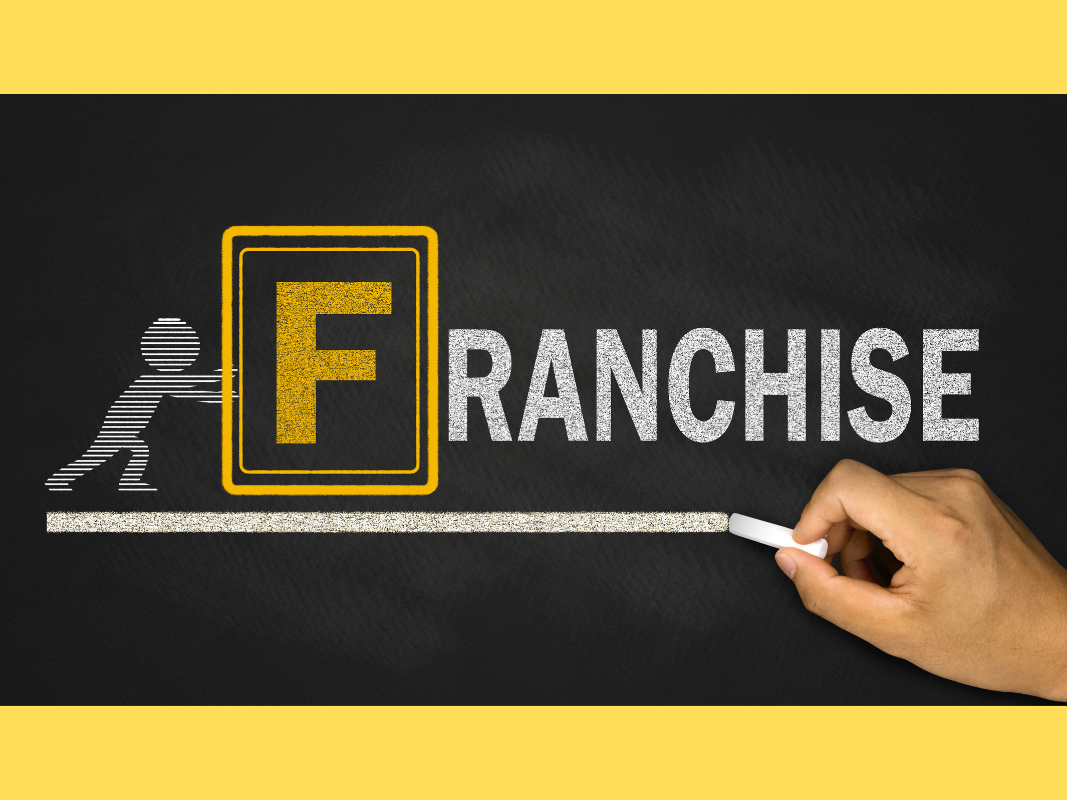Franchising your business can be a thrilling venture—an opportunity to expand your brand’s reach and influence while empowering others to run their own operations under your established name. However, before you can dive into this exciting world, there’s a crucial step that requires careful attention: legal documentation.
The complex landscape of franchise law can be daunting, filled with various requirements and nuances that vary by jurisdiction. From the Franchise Disclosure Document (FDD), which lays out key information potential franchisees need to know, to the intricacies of franchise agreements that define the relationship between franchisor and franchisee, understanding these legal necessities is paramount.
This article will navigate you through the essential legal documents required for franchising your business, ensuring youre well-equipped to embark on this transformative journey while protecting your interests and paving the way for successful partnerships.
Introduction to Franchising Your Business

Franchising your business can be an exhilarating journey, one that opens the door to rapid expansion and greater brand recognition. It’s not merely about copying a successful model; it’s about creating a partnership that thrives on mutual success and shared visions.
However, diving into the world of franchising involves navigating a labyrinth of legal requirements. From the inception of a franchise agreement to the nuances of a comprehensive Franchise Disclosure Document (FDD), understanding the array of legal documents is paramount.
These documents lay the groundwork for a robust franchise system, protecting your interests while providing clarity to your franchisees. As the framework to a franchised operation, they are crucial in defining the relationship between the franchisor and franchisee, ensuring everyone is on the same page from day one.
Lets explore the essential legal documents that you need to consider in this exciting venture.
Understanding the Franchise Model

Understanding the franchise model is essential for anyone considering franchising their business. At its core, franchising is a strategic partnership where a franchisor grants the rights to a franchisee to operate a business under its established brand.
This system allows for rapid expansion and brand recognition, while the franchisee benefits from a proven business model and ongoing support. However, this partnership is not without its complexities; legal documents play a vital role in outlining the rights and responsibilities of both parties.
The Franchise Disclosure Document (FDD), for example, provides critical insights into the franchisor’s financial performance, operational guidelines, and any associated fees, ensuring that prospective franchisees are well-informed before committing. In navigating this model, a clear understanding of these legal frameworks will empower both franchisors and franchisees to foster a successful and compliant business relationship.
Key Legal Documents Required for Franchising

When embarking on the journey to franchise your business, several key legal documents are essential for safeguarding both your interests and those of your franchisees. At the heart of this process lies the Franchise Disclosure Document (FDD), which serves as a comprehensive guide detailing the rights and obligations of both parties.
This document must include crucial information such as the franchises history, financial performance representations, and a carefully crafted overview of fees involved. Alongside the FDD, a well-structured Franchise Agreement is indispensable; it outlines the terms of the franchise relationship, including duration, territorial rights, and the obligations of both franchisor and franchisee.
Moreover, Operations Manuals, which contain guidelines for day-to-day operations, and other ancillary agreements—like lease agreements and non-disclosure agreements—play vital roles in ensuring a harmonious franchise system. Each of these documents not only provides clarity but also serves to mitigate potential disputes in the future, paving the way for a successful franchise endeavor.
Conclusion
In conclusion, navigating the intricacies of franchising your business requires a comprehensive understanding of the legal requirements to franchise your business to ensure compliance and protect your interests. Essential legal documents, including the Franchise Disclosure Document (FDD) and the franchise agreement, play a pivotal role in establishing clear guidelines and expectations for both franchisors and franchisees.
Additionally, it\’s crucial to consider state-specific regulations and any necessary registrations. By meticulously preparing these documents and seeking professional legal guidance, you can pave the way for a successful franchising venture that fosters growth and expansion while safeguarding your brand’s integrity.






